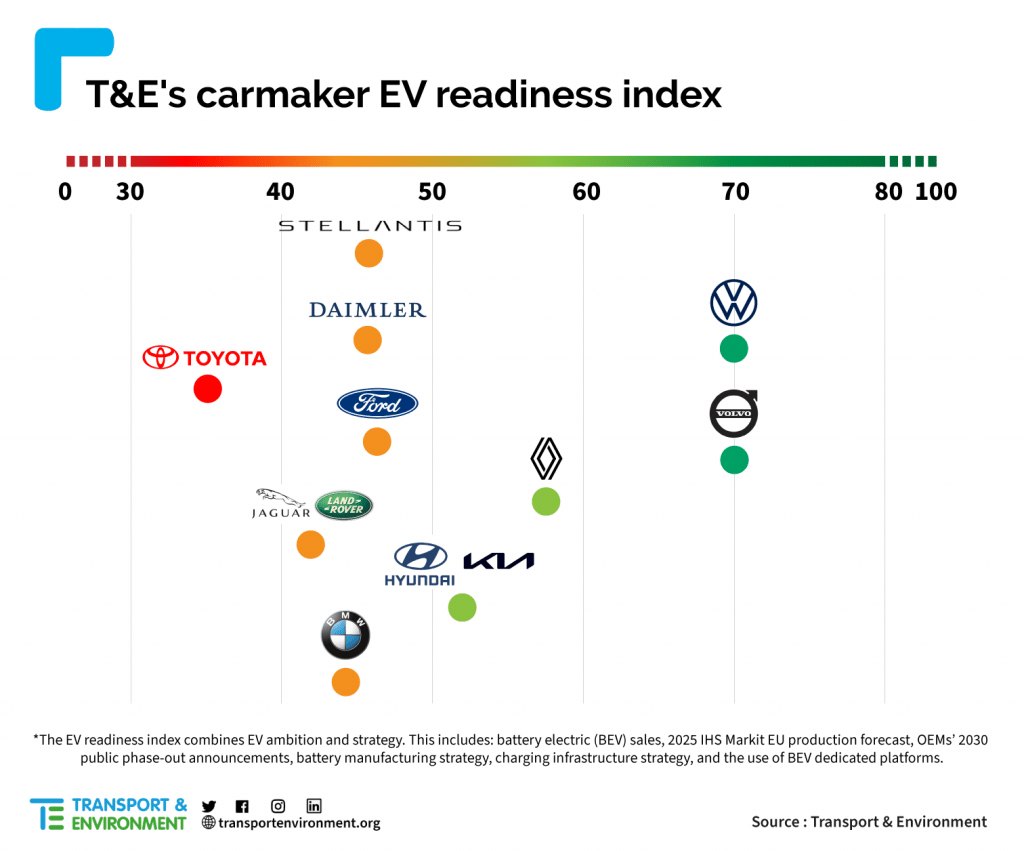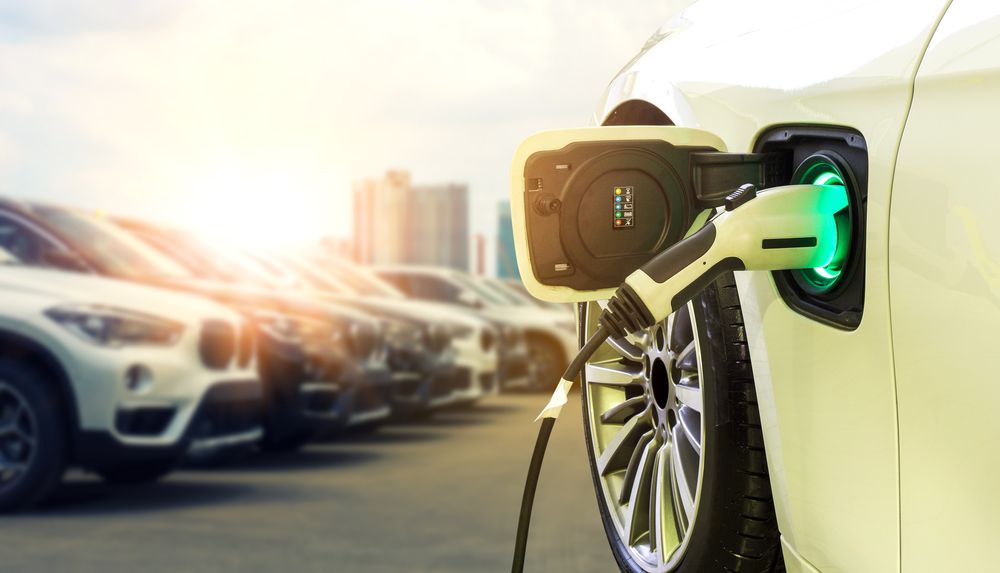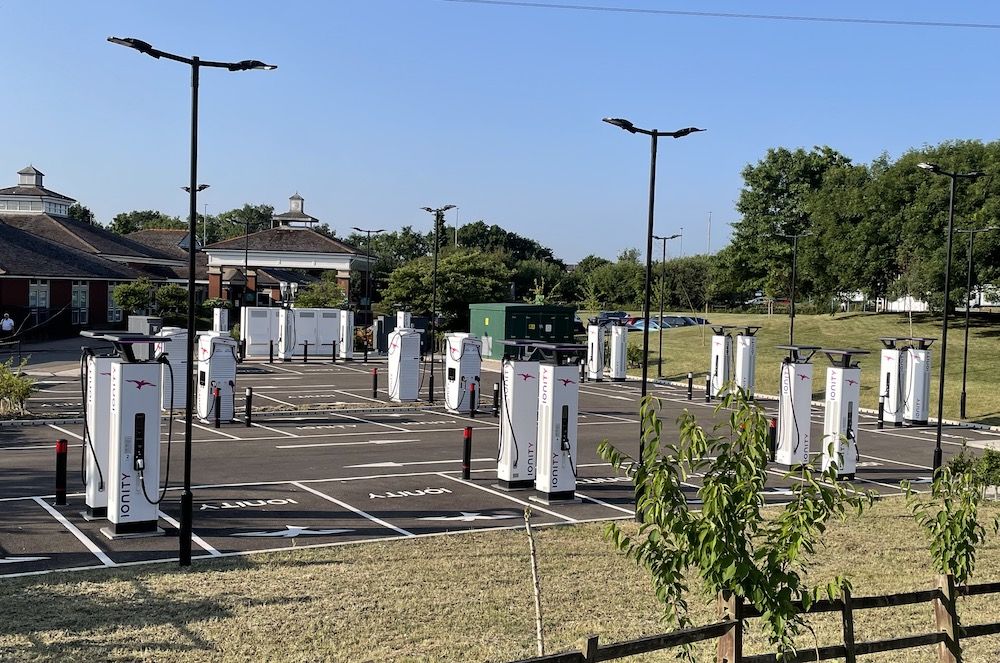Volvo Cars and Volkswagen are the only major carmakers ready to switch to full-electric production in line with Europe’s net zero climate target, according to new analysis by Transport & Environment (T&E).
The analysis reveals that:
- Ford have a strong phase-out target but lack a robust plan to get there
- Stellantis, Daimler, BMW, Jaguar Land Rover, and Toyota rank the worst with low short-term battery electric (BEV) sales, no ambitious phase-out targets, and no clear industrial strategy
- BMW, Daimler and Toyota have an over-reliance on hybrids in their strategies.
Julia Poliscanova, T&E senior director for vehicles and emobility, said: “Carmakers are desperate to show off their green credentials, but the reality is most of them are miles away from where they need to be. Even those that are ambitious lack a suitable strategy to get there. Carmakers have failed to deliver on their promises before, who says this time will be different?
“There is no longer any doubt that a fossil fuel free, all electric future is possible. But with only two carmakers close to where Europe needs to go, policymakers can’t leave it to carmakers to get there on their own. Targets need to be gradually tightened so that carmakers not only commit to phasing out fossil fuels, but develop a strategy that gets them there on time.”
The report also reveals:
- BEV production in the EU27 is expected to increase from around 7.4% of production, to 24.2% in 2025 and surpass sales of cars with an internal combustion engine to 50.2% in 2030
- carmakers’ production plans show that PHEVs are expected to peak at 12% of total car production in 2026
- Ford has a commitment to become fully-electric by 2030, but is expected to produce just 13% BEVs by 2025
- Toyota has not set a target for 2030 and it plans to produce just 10% BEVs in 2025. It is expected to rely on polluting hybrid technologies for 44% of its EU production in 2030
- The report raises concerns over the reliance on carmakers’ voluntary commitments, which are too low and not backed up by a coherent industrial strategy. Previous analysis by T&E showed that in 2016, carmakers failed on their collective target of selling 3.6% electric cars, achieving less than half of that.
But even if the current promises are met, Europe’s sales of battery electric vehicles (BEVs) are likely to be at least 10% lower than they need to be in 2030. To ensure carmakers ramp up the production of affordable electric cars in time to decarbonise by mid-century, European regulators need to set binding car CO2 targets in the next decade leading to two-thirds of new cars being fully electric by 2030 and all new cars in 2035.

Transport & Environment have also reported that the UK will slump to producing just 4% of the electric cars made in Europe by 2030, whereas in 2018, 50% of all the EVs made in Europe were produced in the UK.
A lack of future investment in UK factories by carmakers is to blame with the companies owning UK factories amongst the least prepared for the shift to EV production.
UK Director of Transport and Environment, Greg Archer, said: “The UK will be among the first countries in Europe to end the sale of new cars with a combustion engine, but these will be overwhelmingly imported without companies investing here. UK car industry dinosaurs will be extinct within a decade unless they invest in new battery manufacturing and convert existing production to electric models.
“The Government must show the UK car industry it is serious about ending the sales of cars with engines by announcing a delivery plan to go with its commitments. We need carmakers to progressively increase sales of zero emission cars until 2035 and to fine those who fail to make adequate progress. Without strong pressure to change, and investment support, the UK car industry will wither away.”
Image: Shutterstock














